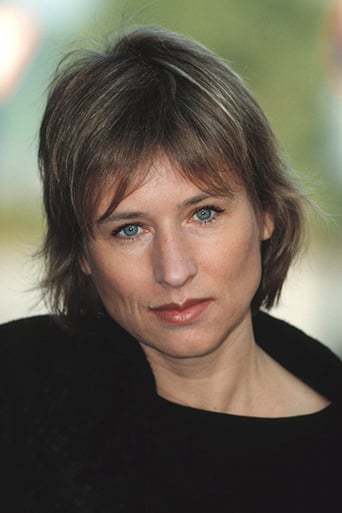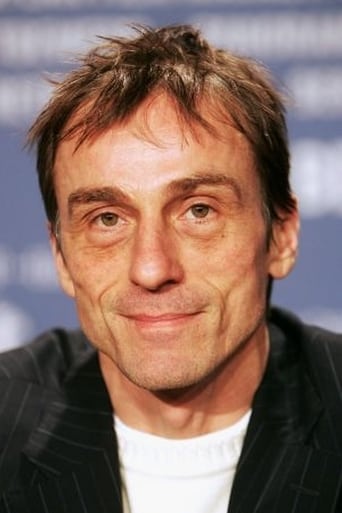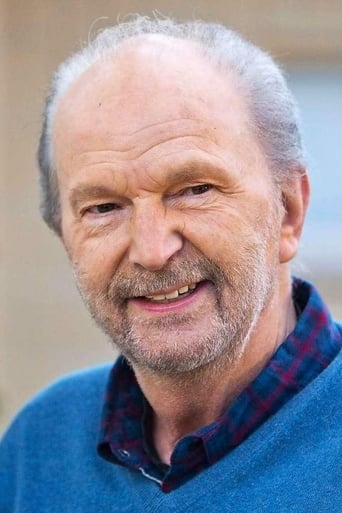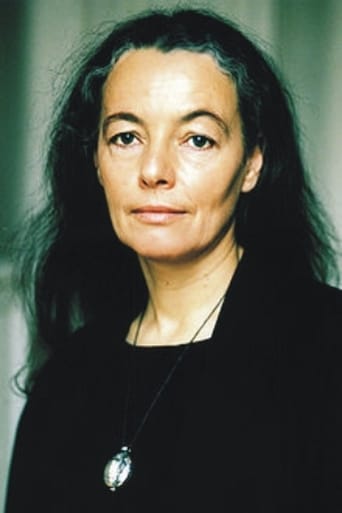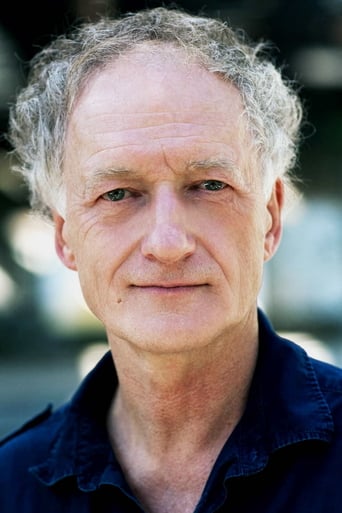Roy Hart
If you're interested in the topic at hand, you should just watch it and judge yourself because the reviews have gone very biased by people that didn't even watch it and just hate (or love) the creator. I liked it, it was well written, narrated, and directed and it was about a topic that interests me.
Kolloschwarer
This is a story about an impossible love: a Jewish actor and a German actress fall in love in the 3rd Reich. She, the "healthy blue-eyed blonde" is being selected for a huge film career as the "arian ideal", while he has to withdraw to the Jewish Theatre in Berlin, which at this point is still kept alive by the Nazis, sort of as an alibi.This might be one of the movie's weak spots: The Jewish Theatre is depicted as some sort of safe haven, the only place where Jewish actors could survive within the "Reich" and still act, earn money, live rather undisturbed - while the spectator, from today's perspective, knows that in fact this safety didn't last very long. Yet, the movie doesn't comment on this at all, it ends before that.I've watched this movie 20 years ago, when I was myself becoming an actor. Now, why do I still remember it?On the one hand, I really found the story quite thrilling. I lived in a dictatorship myself at that time, and this story of two people trying to get by in spite of an almighty and barbaric regime caught me. Though of course, as a censored East-German film, it had to have its "political correct" message, too, which was, basically, that the Nazis were the "bad guys" which would automatically make "us", the allegedly modern and "tolerant" communist societies, the "good guys". Yet, on the hidden level, it could also be read as an attack on abusive dictatorship in general, i.e. the communist ones as well.But most of all - and this is the reason why I just have to rate it 9 out of 10 - I remember it because of Corinna Harfouch's brilliant acting.Here comes the big SPOILER ALERT: At the end of the movie, the actress decides to disguise as a Jewess and audition for the role of Judith at the Jewish Theatre. The movie ends with this auditioning, where parallels are made between this film, the situation of the Jews, Hebbel's play "Judith", and the German and the invented Jewish actress' characters. Hadn't I seen this movie, I wouldn't have believed that this can actually be done - but Corinna Harfouch managed: In this complex situation the character is in, you can really see and hear all these layers, each one for itself: the German actress playing a Jewish actress who plays Hebbel's Judith in the setting of the 3rd Reich. The acting itself becomes the climax of this film, and it is this scene that first made me a fan of Corinna Harfouch's.
